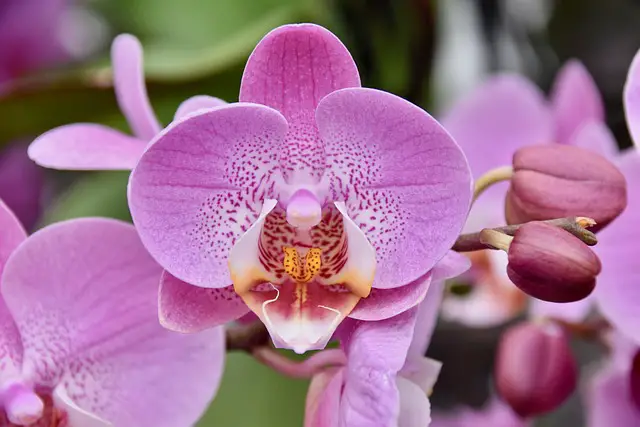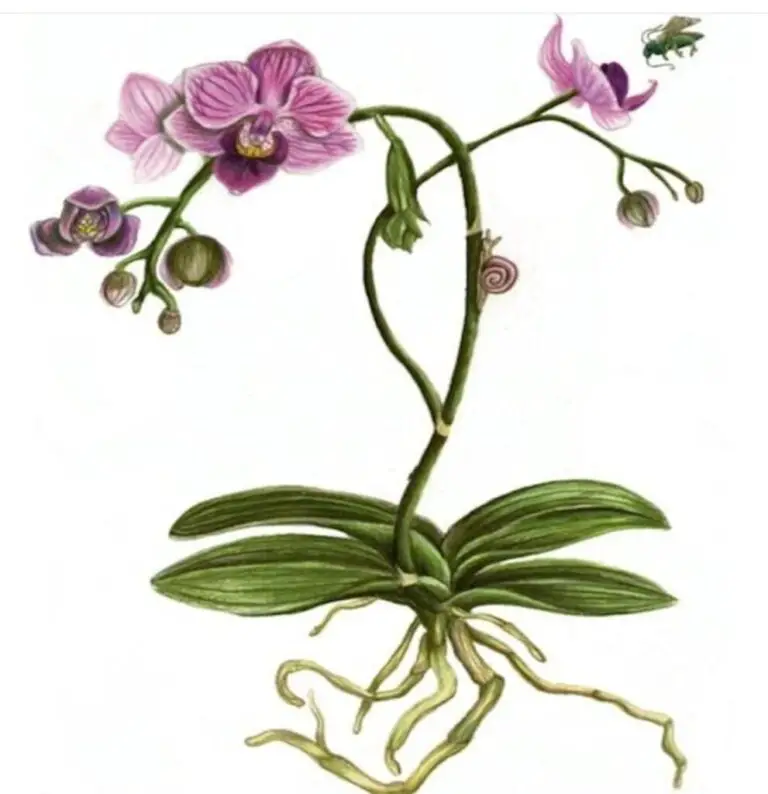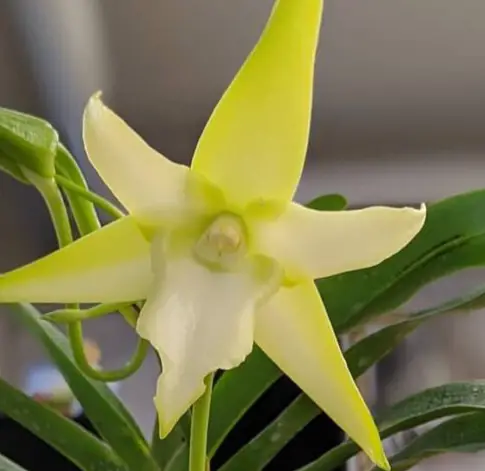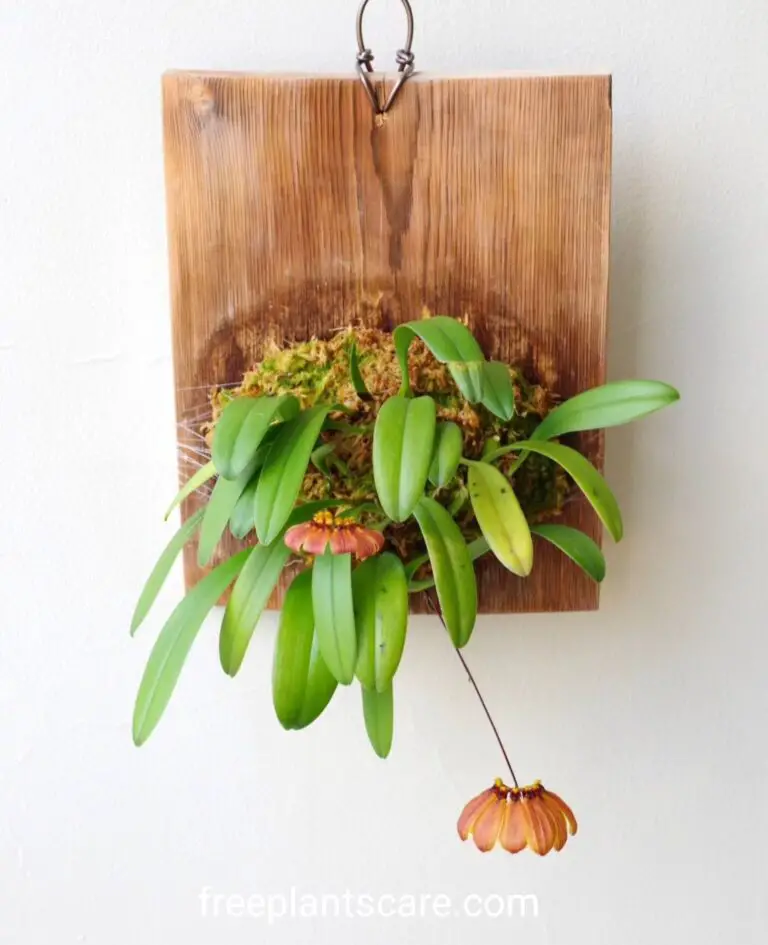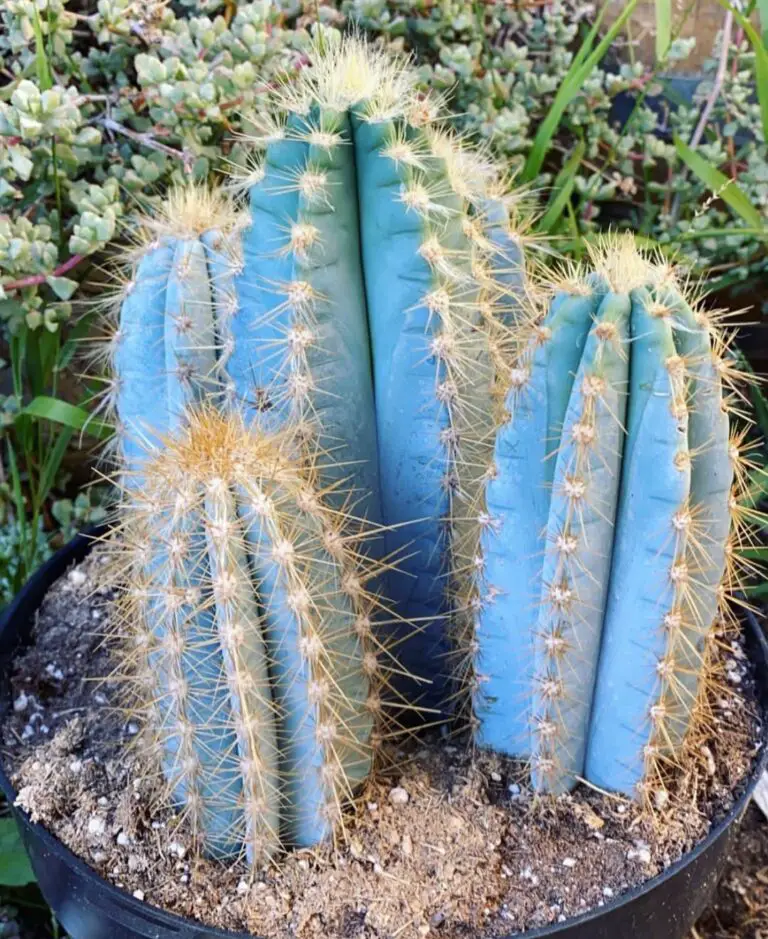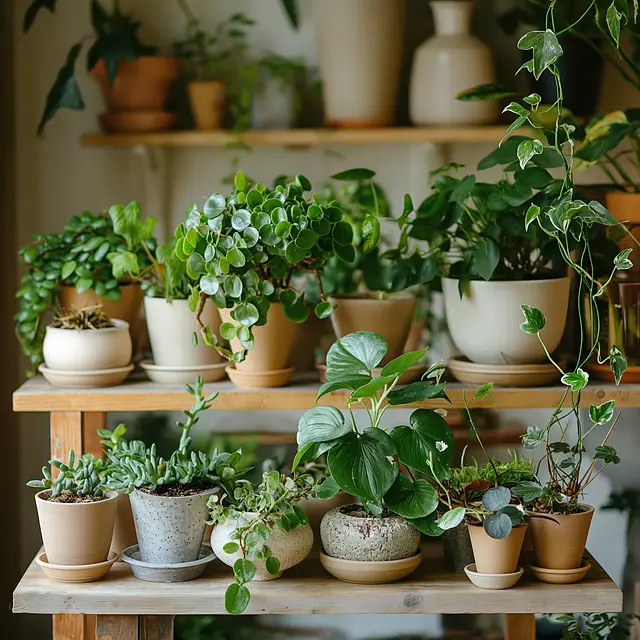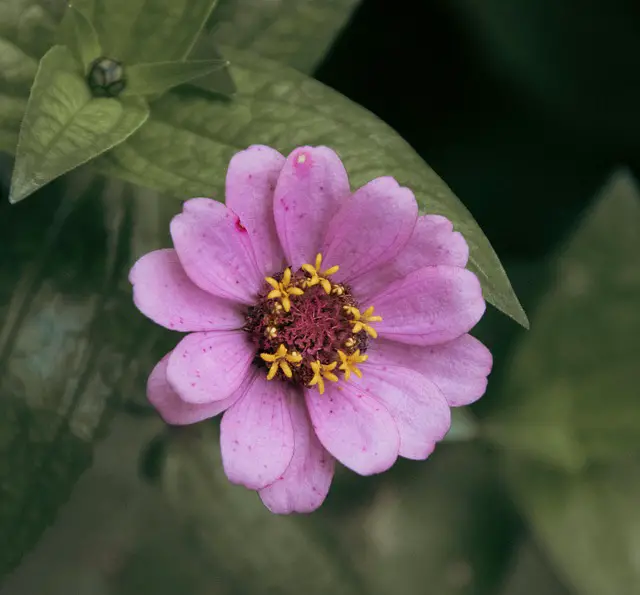Orchids, those delicate and captivating flowers that have enchanted botany enthusiasts for centuries, possess an exquisite charm that demands admiration. However, beneath their beauty lies a secret vulnerability, as these majestic plants harbour a strong aversion to a few particular elements. Like fragile divas of the botanical realm, orchids detest certain conditions that disrupt their graceful existence. From the blistering touch of direct sunlight to the suffocating embrace of stagnant air, these flora despise a variety of factors that threaten their well-being. This intriguing dance between the desires of orchids and the adverse elements they loathe adds another layer of fascination to these enchanting wonders of nature.

Orchids are known for their beauty and elegance, but they can be a bit temperamental when it comes to their care. Here are things that orchids generally dislike:
Overwatering: Orchids prefer a moist but well-drained growing medium. Overwatering can lead to root rot.
Underwatering: While orchids don’t like to sit in water, they also don’t appreciate being completely dry for extended periods.
Direct sunlight: orchids prefer bright, indirect light. Direct sunlight can scorch their leaves.
Extreme temperature fluctuations: Orchids prefer stable temperatures and don’t do well with sudden temperature changes.
Cold draughts: Orchids are sensitive to cold draughts, which can cause their leaves to yellow or drop.
Dry air: Orchids thrive in humid environments, so dry air can be detrimental to their health.
Lack of air circulation: Stagnant air can lead to fungal or bacterial infections in orchids.
Low humidity: Orchids prefer humidity levels of around 50–70%. Dry air can cause their roots to dehydrate.
Overfertilizing: Orchids require fertilisation, but too much can burn their roots and harm the plant.
Incorrect fertilisation: Using the wrong type or concentration of fertiliser can damage orchids.
Using tap water: Orchids are sensitive to chemicals found in tap water, so it’s best to use filtered or distilled water.
Wet foliage: Wet leaves and flowers can encourage fungal and bacterial diseases.
Using cold water: Cold water shocks orchid roots and can hinder their growth.
Potting in soil: Orchids are epiphytic plants and do not grow well in regular potting soil.
Improper potting medium: orchids need a well-draining medium like orchid bark, sphagnum moss, or perlite.
Overcrowding: Orchids need space for their roots to grow, so overcrowding can impede their growth.
Repotting at the wrong time: Repotting during the flowering season can stress orchids.
Disturbing the roots unnecessarily: Orchid roots are fragile, and unnecessary handling can damage them.
Using the wrong pot size: Orchids prefer snug pots that allow for good drainage.
Overpruning: Pruning should be done judiciously, as excessive pruning can weaken the plant.
Insufficient light: Orchids need adequate light to bloom. Insufficient light can le koad to weak growth and a lack of flowers.
Ignoring pests: Common orchid pests like aphids, mealybugs, and scale insects can cause significant damage if left untreated.
Using toxic pesticides: Orchids are sensitive to chemicals, so it’s important to use organic or orchid-safe pesticides.
Allowing orchids to become root-bound: Orchids need occasional repotting to ensure their roots have enough space.
Placing orchids near ripening fruits: Ripening fruits release ethylene gas, which can cause premature wilting of orchid flowers.
Ignoring signs of distress: Orchids may display specific signs like yellowing leaves or wilting when they need attention.
Neglecting regular maintenance: Orchids require consistent care and attention to thrive.
Excessive handling: Orchids are delicate plants, and excessive handling can lead to damage or breakage.
Using contaminated tools: Dirty tools can spread diseases, so it’s important to keep them clean.
Allowing the orchid to outgrow its space: Orchids need to be repotted when they outgrow their containers.
Inconsistent care: Orchids benefit from a regular care routine.
Poor drainage: Orchids prefer a growing medium that allows excess water to drain freely. Poor drainage can lead to waterlogged roots and root rot.
Insufficient airflow: Orchids thrive in areas with good air circulation. Stagnant air can promote the growth of fungi and pests.
Overcrowding with other plants: Orchids should be given their own space to grow without competition from other plants, as they have specific requirements.
Harsh chemicals: Orchids are sensitive to harsh chemicals found in cleaning products, air fresheners, and pesticides. Avoid exposing them to such substances.
Overcrowding on a windowsill: Placing too many orchids on a windowsill can lead to poor airflow and insufficient light distribution, affecting their growth.
Improper watering technique: Pouring water directly onto the leaves or crowns of orchids can lead to crown rot and other diseases. Water should be applied to the roots.
Excessive handling during transport: Orchids can be fragile during transportation. Excessive handling, shaking, or jostling can damage their delicate blooms or break their stems.
Lack of support for tall or climbing orchids: Some orchids, like Phalaenopsis, have long flower spikes that need support to prevent bending or breaking under their weight.
Draughty locations: orchids are sensitive to draughts, especially cold draughts. Avoid placing them near open windows or doors where they might be exposed to gusts of cold air.
Lack of a proper rest period: Many orchids require a rest period after blooming, during which they need reduced watering and lower light levels to prepare for their next growth cycle.
Ignoring signs of pests: If you notice signs of pests like webs, sticky residue, or distorted leaves, it’s important to address the issue promptly and treat the orchid for pests.
Ignoring signs of disease: Fungal or bacterial diseases can harm orchids. If you notice spots, discoloration, or unusual growth patterns, take action to identify and treat the disease.
Lack of support for aerial roots: Some orchids, such as Phalaenopsis, have aerial roots that require support or a suitable growing medium to anchor onto.
Exposure to extreme temperatures: orchids are sensitive
What are the things that orchids dislike or hate the most?
Orchids dislike overwatering. One of the biggest mistakes in orchid care is overwatering. Orchids are epiphytic plants that naturally grow on trees, so they prefer a well-draining environment.
What factors should I avoid to keep my orchids healthy and happy?
Orchids are sensitive to direct sunlight. While orchids need light to thrive, intense, direct sunlight can damage their leaves and cause them to burn. It’s best to provide them with bright, indirect light or filtered sunlight to avoid leaf scorching.
Can you provide a list of common things that orchids find unfavourable?
Orchids are intolerant to extreme temperatures. Orchids prefer moderate temperatures, typically between 60 and 80°F (15 and 27°C). Extreme heat or cold can stress the plants and inhibit their growth. Avoid placing them near draughty windows, heating vents, or air conditioning units.
Are there any specific conditions or treatments that orchids generally dislike?
Orchids dislike sudden changes in environment. These plants are known to be sensitive to abrupt changes in temperature, humidity, or lighting conditions. It’s advisable to provide a stable and consistent environment for your orchids to prevent stress and ensure their well-being.

